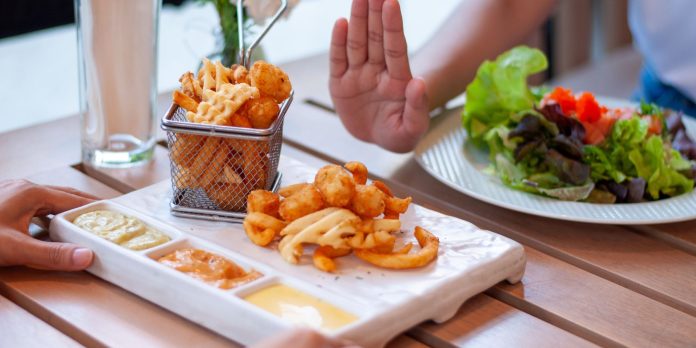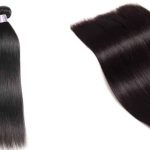Cats are curious creatures, often tempted by the foods we eat. While sharing a bite of your meal with your cat might seem harmless, certain human foods can be dangerous for them. This guide highlights human foods that are unsafe for cats, helping you protect your furry friend from potential harm.
The Danger of Human Foods for Cats
Cats have different dietary needs and restrictions compared to humans. Some human foods that are safe for us can be toxic or harmful to them. Understanding which foods to avoid is crucial for their health and well-being.
Foods That Are Toxic to Cats
Some human foods are outright toxic to cats and should be avoided at all costs:
Onions and Garlic: Even in small amounts, onions and garlic can cause anemia in cats by damaging their red blood cells.
Chocolate: Chocolate contains theobromine, which is toxic to cats. Dark chocolate and unsweetened baking chocolate are particularly dangerous.
Alcohol: Any form of alcohol can be harmful to cats, causing potentially fatal alcohol poisoning.
Foods That Can Cause Health Problems
While not necessarily toxic, certain foods can still pose significant health risks to cats:
Caffeinated Beverages: Coffee, tea, and energy drinks can cause restlessness, rapid breathing, heart palpitations, and muscle tremors in cats.
Dairy Products: Despite popular belief, many cats are lactose intolerant and can have digestive issues when consuming milk or other dairy products.
Raw Eggs, Meat, or Fish: These can expose cats to harmful bacteria like Salmonella and E. coli, and raw fish can deplete an essential nutrient called thiamine.
Common Household Foods to Avoid
In every kitchen, there are common foods that, while safe for human consumption, can be hazardous for cats.
Dangerous Fruits and Vegetables
Grapes and Raisins: These can cause kidney failure in cats.
Citrus Fruits: Lemons, limes, oranges, and similar fruits contain substances that can irritate cats and potentially cause central nervous system depression.
Raw Potatoes and Tomatoes: Raw green potatoes and tomatoes can be toxic to cats.
Other Risky Foods
Bones and Fat Trimmings: Cooked bones can splinter and cause choking or serious injury in the digestive tract. Excess fat can lead to gastrointestinal upset and pancreatitis.
Xylitol: This sugar substitute found in many sugar-free products can lead to liver failure and hypoglycemia in cats.
The Importance of a Cat-Specific Diet
Cats have specific dietary needs that are best met by high-quality commercial cat foods or diets formulated by veterinary nutritionists.
Balanced and Nutritious Cat Food
Essential Nutrients: Cats require nutrients like taurine, arachidonic acid, and vitamin A, which are not found in plant-based foods and must be supplied in their diet.
Proper Cat Diet: A diet tailored for cats ensures they get the right balance of proteins, fats, and carbohydrates, along with essential vitamins and minerals.
Risks of Feeding Human Food
Nutritional Imbalance: Regularly feeding cats human food can lead to imbalances in their diet, potentially causing health issues over time.
Bad Habits: Feeding cats from the table can encourage begging and finicky eating habits.
Conclusion
While it’s tempting to share your food with your cat, it’s important to be aware of the risks certain human foods pose to their health. Stick to high-quality cat food and treats specifically designed for cats to ensure their nutritional needs are met. If you ever have doubts about a specific food, consult your veterinarian.















